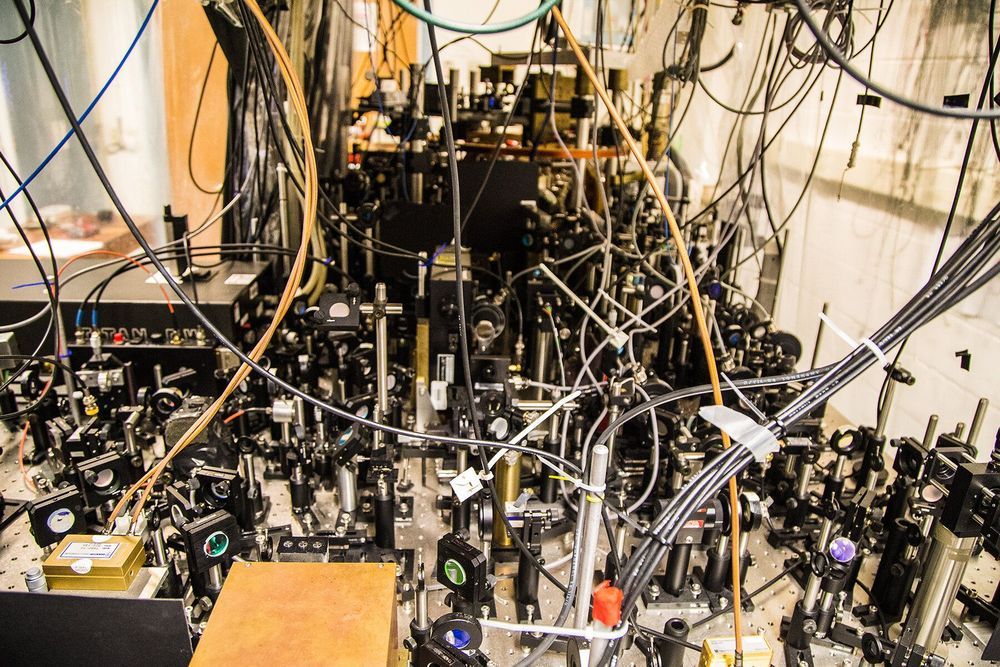Bosons and fermions, the two classes into which all particles—from the sub-atomic to atoms themselves—can be sorted, behave very differently under most circumstances. While identical bosons like to congregate, identical fermions tend to be antisocial. However, in one dimension—imagine particles that can only move on a line—bosons can become as stand-offish as fermions, so that no two occupy the same position. Now, new research shows that the same thing—bosons acting like fermions—can happen with their velocities. The finding adds to our fundamental understanding of quantum systems and could inform the eventual development of quantum devices.
“All particles in nature come in one of two types, depending on their ‘spin,’ a quantum property with no real analogue in classical physics,” said David Weiss, Distinguished Professor of Physics at Penn State and one of the leaders of the research team. “Bosons, whose spins are whole integers, can share the same quantum state, while fermions, whose spins are half integers, cannot. When the particles are cold or dense enough, bosons behave completely differently from fermions. Bosons form ‘Bose-Einstein condensates,’ congregating in the same quantum state. Fermions, on the other hand, fill available states one by one to form what is called a ‘Fermi sea.’”
Researchers at Penn State have now experimentally demonstrated that, when bosons expand in one dimension—the line of atoms is allowed spread out to become longer—they can form a Fermi sea. A paper describing the research appears March 27, 2020 in the journal Science.
